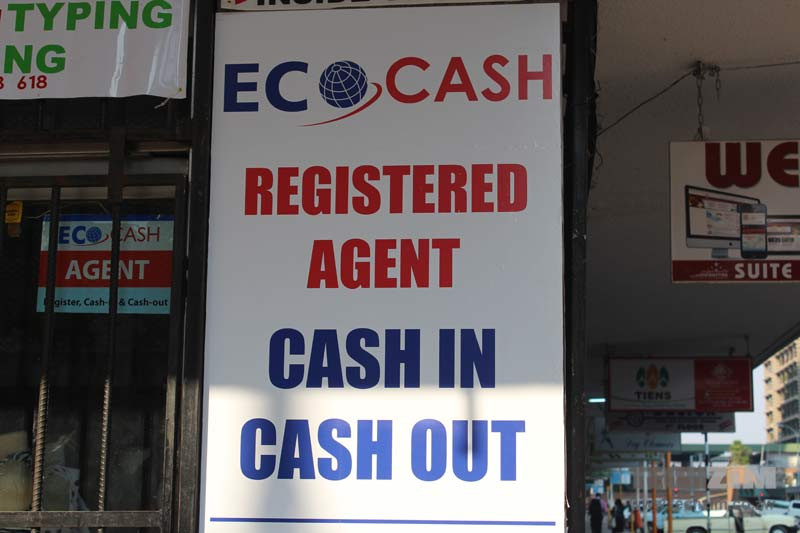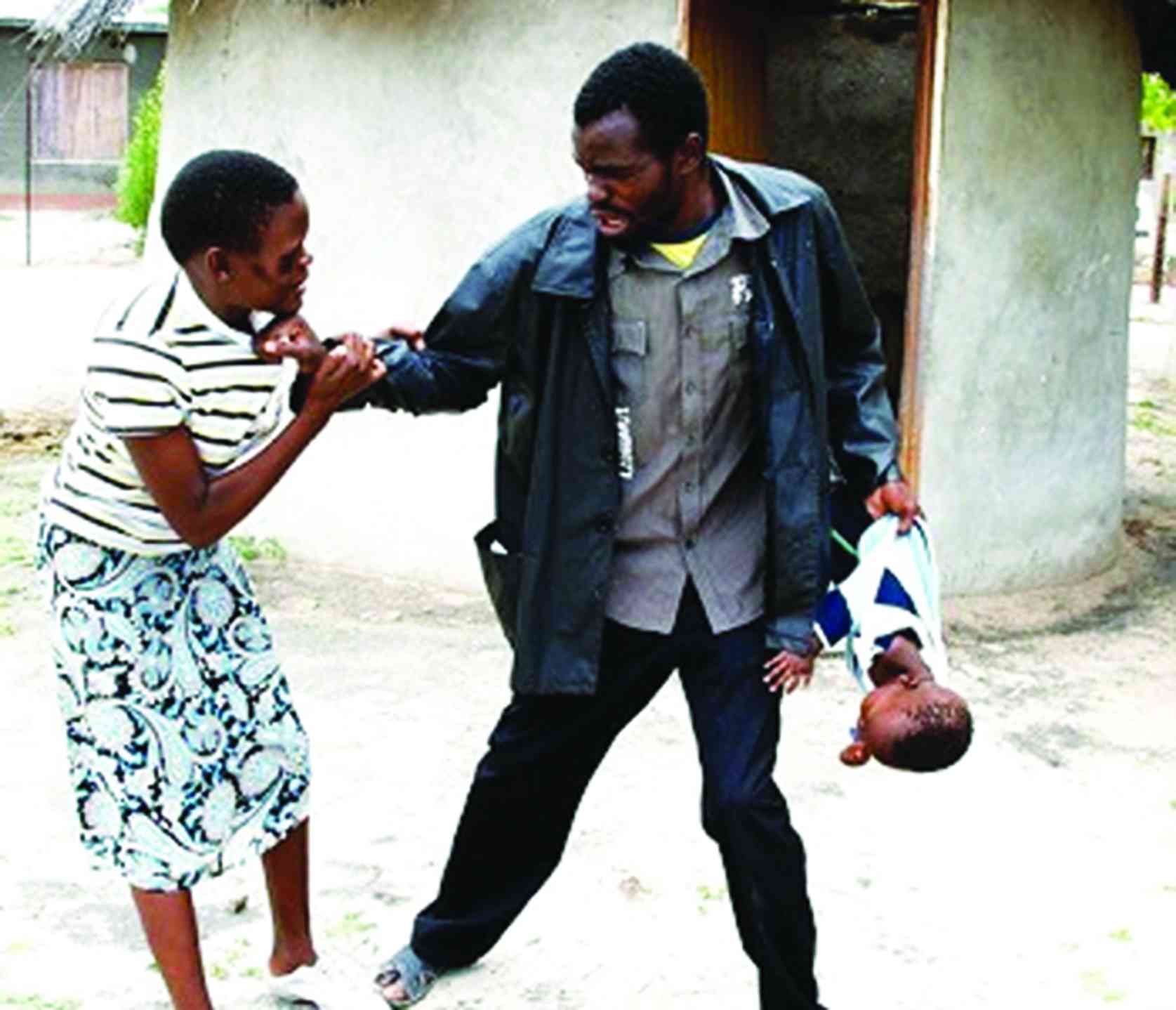
Navigating bail laws can be complex, especially when considering the diverse practices around the globe. While bail is a familiar part of the legal system in places like the United States, other nations employ alternative methods to ensure that accused individuals return for their court appearances.
From the preventive detention systems in countries like China to the conditional release practices in Scandinavian countries, the variations in bail laws reflect different legal philosophies and societal priorities. And even countries with similar bail laws may implement them differently, making matters even more complex.
Should you or a loved one get arrested abroad, it’s important to understand the bail laws in that country. Doing so will help you navigate the legal system more easily and hopefully secure your release until your trial begins. Below, we’ll highlight some of the key differences in bail laws around the world to help give a fuller picture of this varying legal principle.
International Covenant on Civil and Political Rights
To start understanding bail laws, it’s first important to understand the International Covenant on Civil and Political Rights (ICCPR). The ICCPR is a treaty among nations that is related to the civil and political rights of individuals. Some of the rights included within this treaty are the right to life, the freedom of religion, freedom of speech, freedom of assembly, due process, and a fair trial.
As of 2024, there are more than 170 parties to the ICCPR, with another six signatories without ratification, such as the People’s Republic of China and Cuba. Countries party to this agreement are all over the world, including the United States, the UK, Australia, Brazil, France, Germany, Turkey, and Zimbabwe.
While the ICCPR covers a broad range of issues, one of them is bail and how it relates to the country’s justice system. The ICCPR states, “It shall not be the general rule that persons awaiting trial shall be detained in custody, but release may be subject to guarantees to appear for trial.” Essentially, to abide by the rules of the ICCPR, countries must have a system in place that allows those arrested for a crime to be released until trial, with certain conditions.
For many countries, one of the ways to guarantee the accused shows up for trial is through a cash bond. The accused deposits a set amount, which is then refunded upon the completion of the trial. If the defendant fails to show up for trial, they forfeit the deposited amount. Therefore, bail is typically set at a high enough amount to deter the defendant from missing trial.
- Mavhunga puts DeMbare into Chibuku quarterfinals
- Ndiraya concerned as goals dry up
- DeMbare’s double boost
- In Full: eighteenth post-cabinet press briefing June 28, 2022
Keep Reading
Bail in the United States
The bail system in the United States works a little differently than in other countries. While the United States sets a cash amount similar to other countries, how you can pay the bond differs. In the United States, there is a for-profit system called bail bondsman. A bail bondsman is someone who will loan you the money for your bail, which you then pay back once the court issues your return.
However, just as with any other loan, there are fees and interest to account for. So, while you’re able to pay back the majority of your loan when you receive your bail payment back from the courts, you still need to make some additional payments to cover the costs of interest and fees.
Working with a bail bondsman has its pros and cons. Some argue that having a for-profit system makes it easier to secure the money needed for release, as you don’t need to rely on the kindness of others if you don’t have the money. If you don’t have the money to pay the bail amount in another country, you would need to ask family and friends to help you pay it.
Others argue that the bail bondsman service takes advantage of those less fortunate. If you don’t have the money to pay for your bail, then it’s likely that you’ll have a hard time paying back the interest and fees if you work through a bail bondsman. The idea behind bail is that everyone is presumed innocent. By charging fees and interest on bail loans, you’re essentially taxing someone who has yet to be proven guilty.
Surety Bonds
In other countries besides the United States, bail is often called surety bonds. Surety bonds essentially operate the same as bail, working as a financial guarantee to ensure the party meets its obligations. There are three parties involved in surety bonds: the obligee (the person requiring the bond), the principal (the party who needs the bond), and the surety (the party providing the bond).
For example, in an arrest scenario, the principal is the person accused of a crime, the oblige is the court, and the surety is the bail bondsman. However, in other countries, bail bondsmen are not for-profit institutions. In fact, the practice of bail bonding, or providing a bail bond for profit, is illegal in most places besides the United States. Therefore, the surety is typically a family member or friend.
Countries Without Bail Laws
Some countries do not have formal bail laws, relying instead on different systems for pretrial detention. In these countries, the legal framework often emphasizes preventive detention over bail, focusing on public safety or flight risk rather than financial guarantees. For instance, in many parts of China and Russia, the judicial system does not employ a bail system. Instead, they use detention mechanisms to keep individuals in custody until trial based on assessments of the risk or severity of the offense.
In some Scandinavian countries, such as Sweden, the concept of bail is not used. Instead, these nations often opt for release on conditions where individuals are monitored or required to adhere to certain restrictions rather than paying bail. This approach is part of a broader emphasis on rehabilitation and minimizing pretrial detention. Overall, these systems aim to balance public safety with the rights of the accused, but they vary significantly from the bail systems used in countries like the United States.











